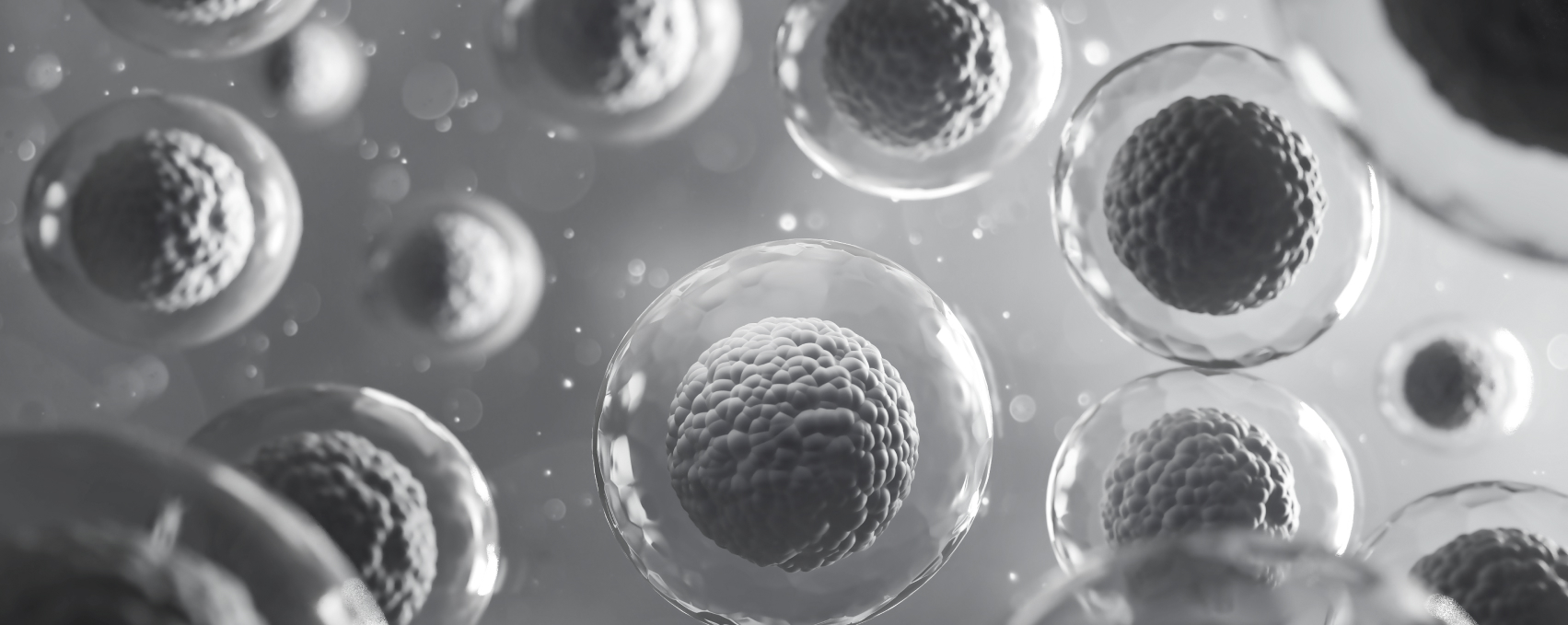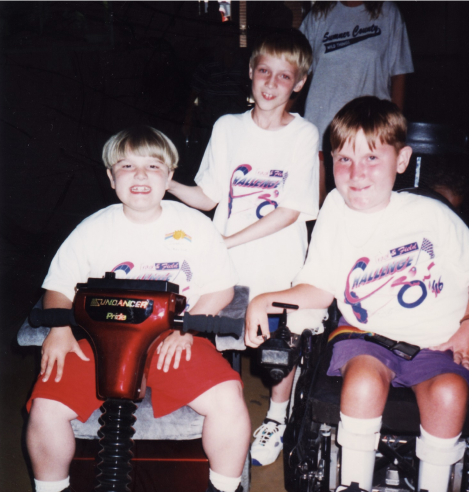
research and clinical trial statistics
from day one
In the early years of Ryan’s therapy, we constantly faced pushback when we tried to explain to others why this was a therapy to take seriously. Since then, the research and science has advanced drastically, making us more confident than ever that this is a solution that needs to be taken seriously. Below is published clinical evidence that can back up our position.
We know first-hand how vital it is to continue pushing forward with innovative research; therefore we continue to be open-minded as we explore new regenerative therapies. Check out the latest research below!

1,190
Clinical Trials using MSC Therapy worldwide, 2010 – 2020
457
Clinical Trials using MSC Therapy are currently active
928
Listed clinical
conditions total
Good news on the horizon
The US regulatory market is experiencing some exciting transitions that can start expanding citizen’s access to new regenerate products and treatment plans. As of 2020, this includes the federal Right to Try law and, on a local level, Texas’ House Bill.
related research
Below are some published studies that speak to the safety and efficacy of the mesenchymal stem cells in relation to their impact on DMD:
- Placenta-derived mesenchymal stromal cells and their exosomes exert therapeutic effects in Duchenne muscular dystrophy – PubMed
- Efficacy of stem cell therapy in ambulatory and non-ambulatory children with Duchenne muscular dystrophy – Phase I-II – PubMed
- Can Wharton jelly derived or adipose tissue derived mesenchymal stem cells be a treatment option for Duchenne muscular dystrophy? Answers as transcriptomic aspect – PubMed
- MicroRNA-29 overexpression by adeno-associated virus suppresses fibrosis and restores muscle function in combination with micro-dystrophin. Showed that microRNA is reduced and it regulates the fibrosis that occurs when muscle regenerates. – PubMed
- Anti-Fibrotic Effect of Human Wharton’s Jelly-Derived Mesenchymal Stem Cells on Skeletal Muscle Cells, Mediated by Secretion of MMP-1 – PubMed
- From a dog study where they infused MSC. There was actual engraftment of the MSC into the muscles – they were able to secrete, then they were able to produce dystrophin. – PubMed
- Transplantation of human umbilical cord-derived mesenchymal stems cells for the treatment of Becker muscular dystrophy in affected pedigree members – Spandidos Publications
- A retrospective analysis of 6 children with Duchenne muscular dystrophy – PubMed
- Human Umbilical Cord Mesenchymal Stem Cells in the Treatment of Duchenne Muscular Dystrophy: Safety and Feasibility Study in India – PubMed
- The use of umbilical cord-derived mesenchymal stem cells in patients with muscular dystrophies: Results from compassionate use in real-life settings – Stem Cells Journals
“MSC treatment has been applied to animal models, particularly in Golden Retriever dogs as they are affected by a muscular disorder known as Golden Retriever muscular dystrophy (GRMD) with remarkable similarities to human DMD. A recent study where GRMD dogs were treated with MSCs showed that it was a safe procedure and no-long-term adverse events were reported. MSCs were able to reach, engraft, and express human dystrophin in the dogs’ damaged muscles up to six months after treatment. Studies in mice models have also shown expression of dystrophin after MSC administration. Dr. Riordan’s team has reported positive results for MSC treatment on a DMD patient and several clinical trials are approved and recruiting to demonstrate the safety and efficacy of MSCs for this condition.”
– Rising Tide
our hope is in you
Help fund stem cell research and clinical trials. 100% of your donation received supports our mission.
